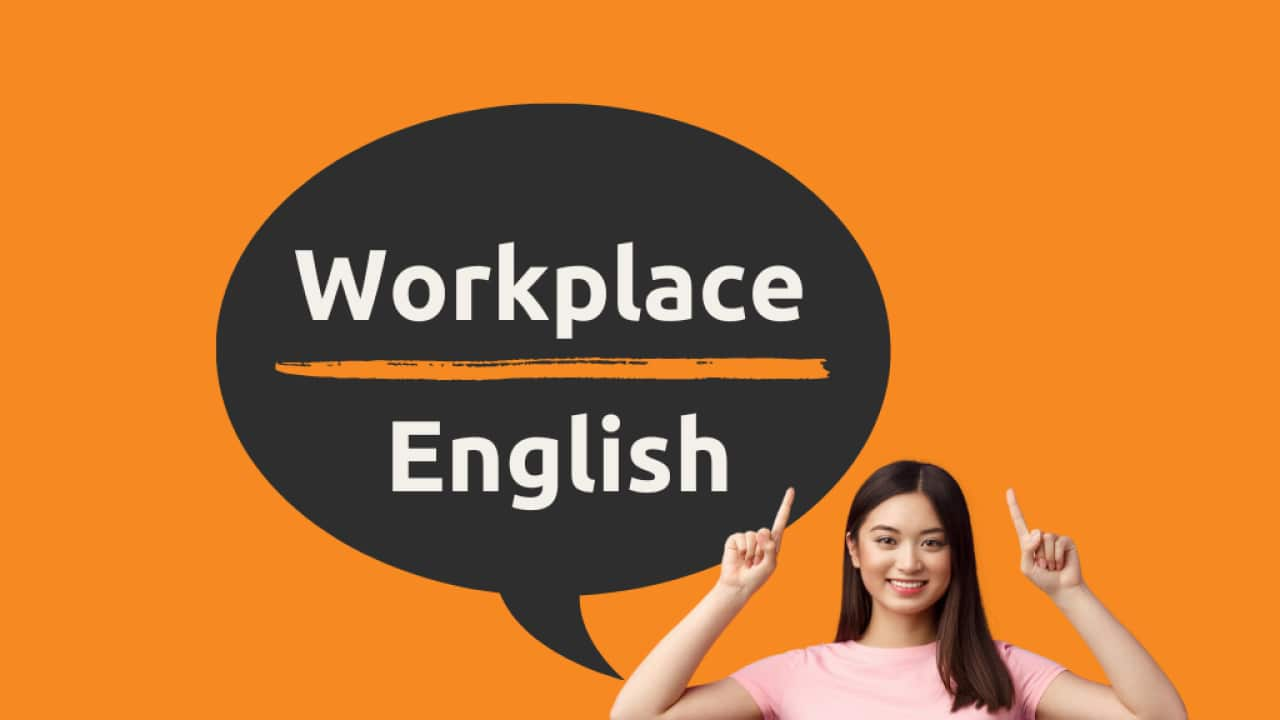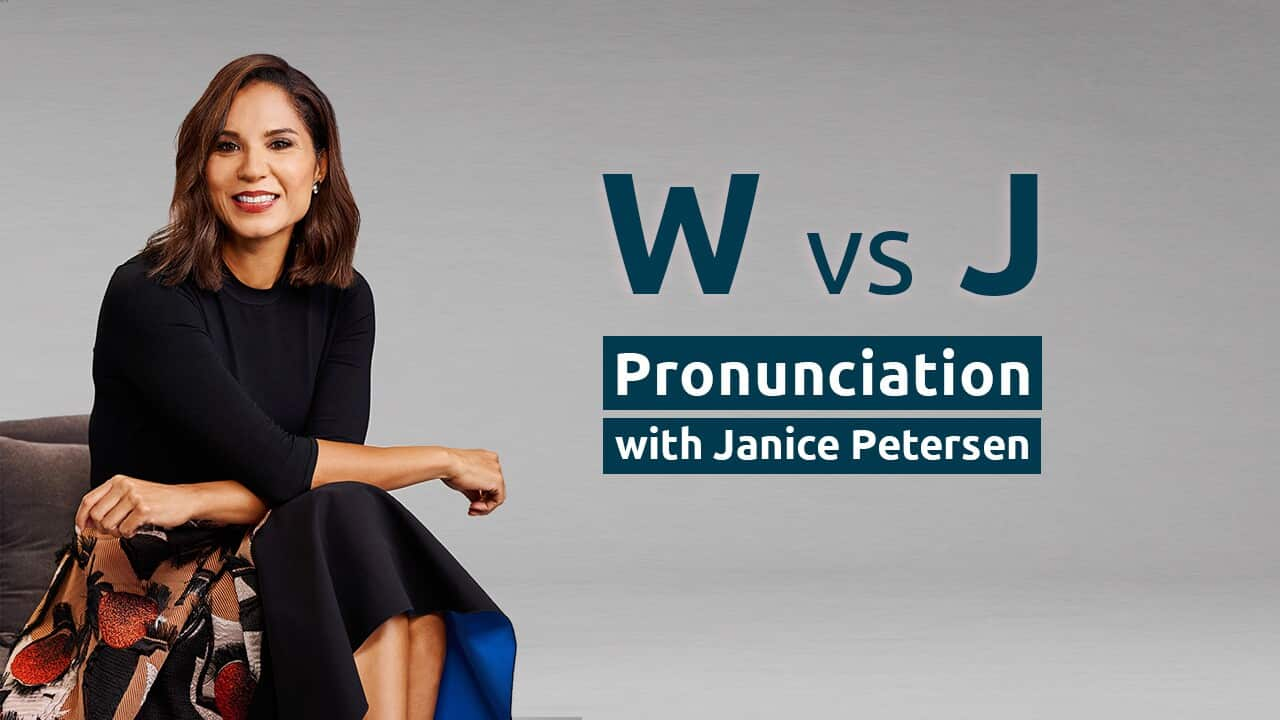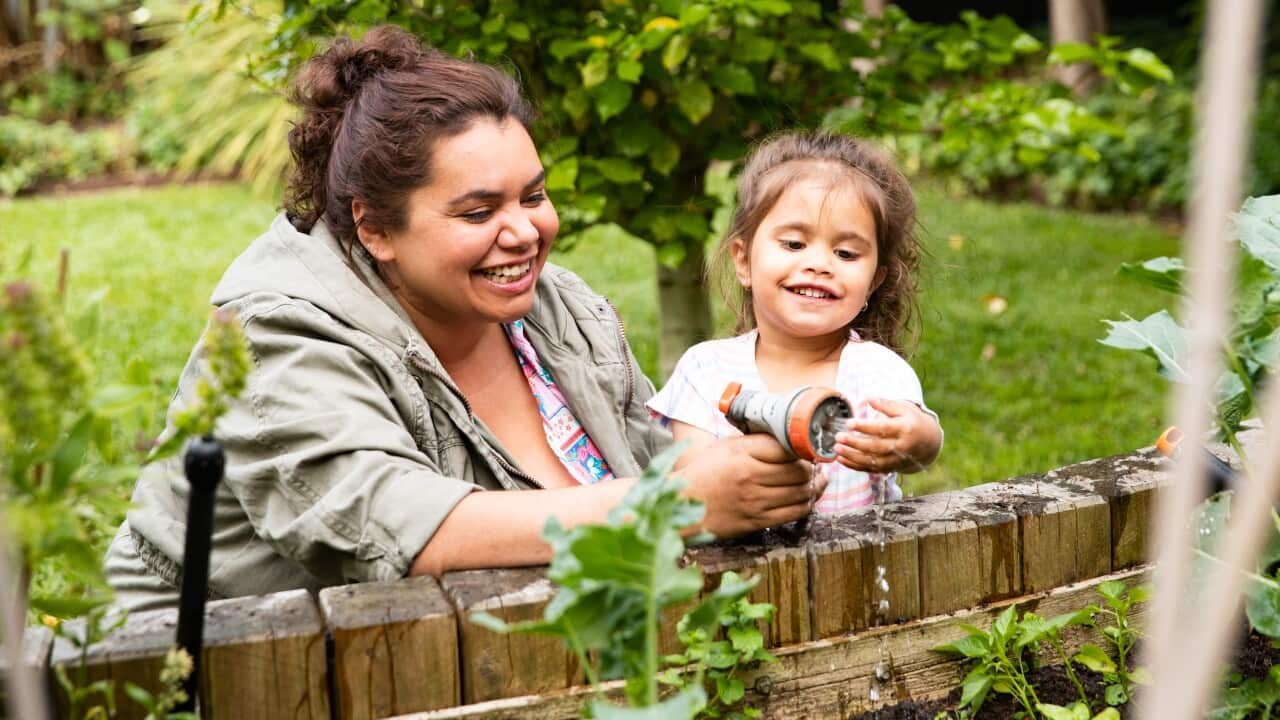Key Points
- Free apps and online learning tools can help you practice English in a relaxed environment.
- The government-run Adult Migrant English Program assists adult migrants and humanitarian entrants with English language skills.
- Watching subtitled programs and reading audio books will improve your grammar without you realising.
English fluency is difficult to master, and we all know how difficult it is to understand Australian pronunciation and idioms.
She says, English language learners face many obstacles, and fear can be the biggest barrier of all.
“They might be too old, or they feel they’ve been out of the education system for so long, and they have no previous schooling, so they have no learning strategies.”
Remember, there is language support for your individual circumstances, so just dive in.
People don’t care if you make mistakes. Language is for communicating, and people just want to hear the message.Marcella Aguilar
Formal English studies
According to Alison Lennon, Director of Studies at English Language College, English studies results in a stronger foundational grasp of the language.
“Getting a more formalised English training sets them up very well for future jobs, for future integration and for future studies,” she says.
Your visa may require you to provide evidence of your English proficiency.
The Australian Government recognises several English language tests for visa applications. Universities, TAFE, private colleges and language centres offer certificate courses such as IELTS*, CAE* and TOEFL*.

Credit: Westend61/Getty Images/Westend61
“Students who are here for travel and fun probably want to look at general English courses.
“Some students want to graduate at a university back home so they’re looking at places that offer TOEIC and IELTS. For more long-term options, there are schools that offer pathway programs to TAFE or universities.”
Student visa holders have specific requirements. For example, students must be enrolled in a language school with at least 20 hours of face-to-face classes per week.
READ MORE

English for Work
Some language schools can prepare you for language proficiency tests.
For example, if you’re looking to change visas or enrol at university, you will likely require an IELTS certificate, Alison Lennon from Langports, explains.
“We will train them in IELTS so that they have the techniques and skills to be able to sit that IELTS test.”
The Adult Migrant English Program
Funded by the Australian Government Department of Home Affairs, the Adult Migrant English Program (AMEP) helps adult migrants and humanitarian entrants improve their English language skills.
As part of the AMEP Volunteer Tutor Scheme, Marcella Aguilar carefully matches participants with tutors, one to one. The program has the potential to bring about significant transformations.
They provide not only language tuition but also friendship and encouragement to people who are sometimes very isolated.Marcella Aguilar
You can meet in the home, at the library or in a public space.
“I would encourage everyone to pop into their local college, speak to our bilingual staff, and if they’re eligible, have an assessment and access a tutor.
“Tutors are the cheerleaders that will tell them, ‘You can do it – I’m here beside you to support you every step of the way’.”

A Taiwanese woman is listening to music/a podcast/an audiobook through a pair of white headphones. Credit: Peter Berglund/Getty Images
Tips to improve your English
Marcella Aguilar’s top tips:
- Watch Teletext TV. By reading subtitles, you listen, become accustomed to the Australian accent and pick up common Australian expressions.
- Download free learning apps such as Duolingo, Bitsboard, Oz Phonics and Book Creator.
- Read audio books while listening. You’ll hear the pronunciation, rhythm and music of the language while picking up grammar.
Hester Mostert’s top tips:
- Avoid self-checkouts when you go to the supermarket. That’s your opportunity to practice your small talk with the cashiers.
- Engage with taxi and Uber drivers rather than spending time on your phone.
- Join in. Participate in group activities such as community and sporting groups. You will not only socialise but practice your English language skills and build closer ties with your community.

Credit: Image Source/Getty Images
Online learning
Explore free online learning tools such as those offered by the ABC and SBS.
will help you improve your English while learning about Australian culture through videos, text and podcasts.
Acronyms
* International English Language Testing System (IELTS)
* Cambridge English: Advanced (CAE)
* Test of English as a Foreign Language (TOEFL)












